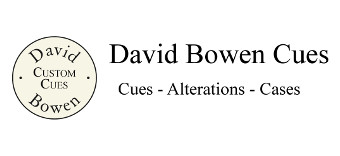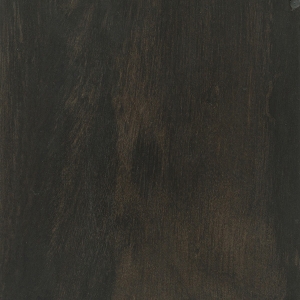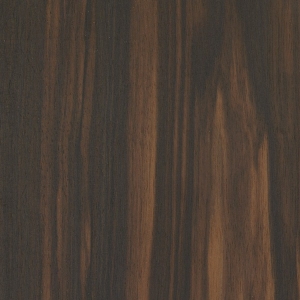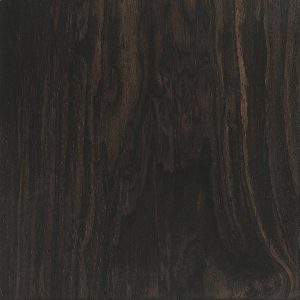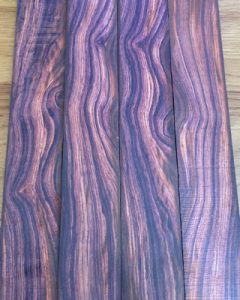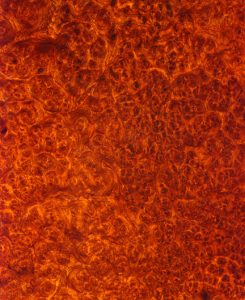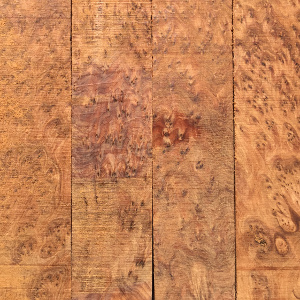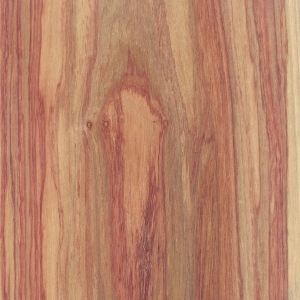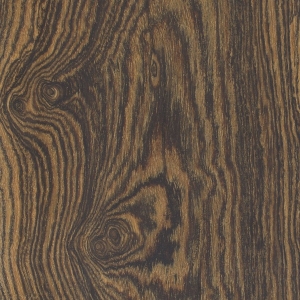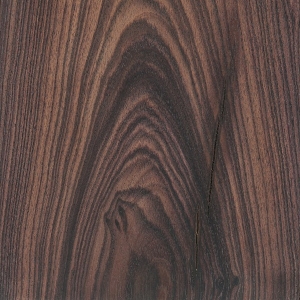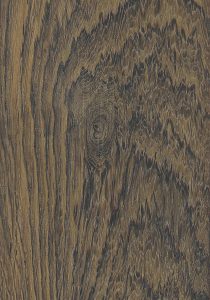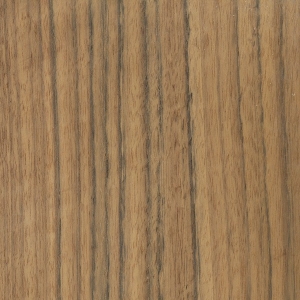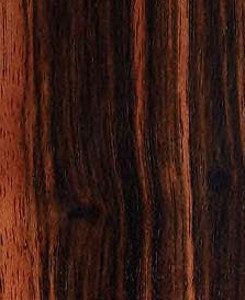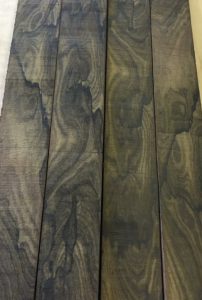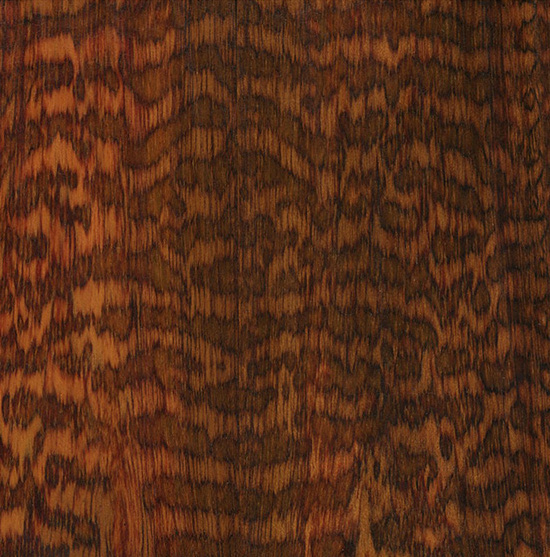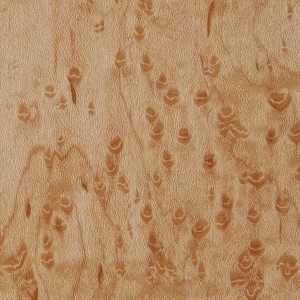Here you will find information on exotic hardwoods that are available for hand snooker and pool cues. Each wood is different in not only appearance but also in feel, weight and density. Many traditional plain woods are available such as African (Gaboon) Ebony as well as much more figured woods such as Cocobolo, Snakewood and Turkish Walnut.
Any combinations of woods are available assuming that the timber is available in the lengths required.
Information on each exotic hardwood is below including the specific weight and hardness of each species as well as other specific comments for each.
Gabon Ebony
Gabon ebony is definitely the most popular exotic hardwood that is used for decorative cue splices. This wood is very dense and very heavy, the wood polishes to a very smooth finish.
Gabon ebony’s heartwood is jet black with small flecks of light brown/white through the wood, the higher the grade of Gabon ebony the more black the wood with the highest grades of ebony being 95-100% black.
Macassar Ebony
Macassar ebony is rarely seen on many cues due to the high demand and trend for the more plain alternative of Gabon Ebony. Macassar ebony is very striking with hartwood colours ranging from black to light brown in a light streak pattern. Macassar has similar characteristics to Gabon ebony with regards to weight and density.
African Blackwood
African Blackwood is a rare wood that has been traditionally used for thousands of years, it is considered to be the ‘original’ Ebony. Blackwood is actually a species of rosewood (Dalbergia), it is heavier and denser than any kind of ebony, which means that a glass-like finish can be achieved during the polishing process.
African Blackwood is a very dark wood with small light streaks running through the hartwood, both figured and straight grained examples are often seen as well as African Blackwood burls.
Cocobolo
Dalbergia retusa
Cocobolo is a highly prized wood with all woodworkers due to the wide range of colours that are present in the wood. Cocoblo is also extremely dense meaning that is hard wearing and will polish to an impressive shine, it is always different in appearance from one piece to another. The heartwood ranges from dark brown to light brown with reds, yellows and purple streaks.
Amboyna Burl
Amboyna Burl wood is a very rare wood that is harvested from the dead roots of felled trees, the patterns in the wood appear as the wood dries over time creating a truly stunning patina. Amboyna burl, like most burl woods is very light and not very dense compared with other exotic hardwoods, therefore it is best used sparingly on a cue to ensure the correct balance is achieved.
Amboyna Burl is not a species in it’s own right but is harvested from Narra and Padauk roots, therefore there is no weight or hardness data for this wood.
Thuya Burl
Tetraclinis articulata
Thuya Burl is a favorite wood of many cue makers, the wood is very interesting with eyes and swirls in the grain of the wood. The wood contains natural resins and oils that give the wood a distinct look and means it can polish well..
Brazilian Tulipwood
Dalbergia decipularis
Brazilian Tulipwood is considered as a true rosewood, however it is rare due to the small areas that the wood grows in and the small size of the shrub that it comes from. The colour of Tulipwood will darken with age and exposure to light.
Brazilian Tulipwood is very similar to African Ebony in both weight and hardness, the wood has a nice natural luster and polishes to a nice shine.
Bocote (Mexican Rosewood)
Cordia spp.
Bocote is also known as Mexican Rosewood, however the wood is no relation to a rosewood. The wood has a random figure and the grain colour is contrasting from yellow to black.
Bocote will darken with age as it is exposed to light. Boote is almost as heavy Gaboon ebony.
Kingwood
Dalbergia-cearensis
Kingwood is a very rare wood with a big contrast in colour, from deep purple colour to almost white grain. Kingwood is one of the heaviest of the rosewood genus, meaning that it nice to hold in the hand and also polishes to a glass-like finish.
Burmese Blackwood
Dalbergia cultrata
Burmese Blackwood is seldom every used on snooker or UK pool cues as it just isn’t used in this country by wood turners. I import this wood especially from America.
Burmese Blackwood is heavier and denser than ebony and is in the Rosewood genus, the gain is absolutely stunning, almost resembling feathers once rounded to shape. The heartwood ranges from deep black to dark, purple to then olive colour.
Ovangkol (Amazique)
Guibourtia ehie
This West African wood is known by a few different names, it is a very striking wood due to the range of colour in the wood. The wood is relatively light compare with other exotic hardwoods but it polishes and finishes well.
Striped Asian Ebony
Dalbergia-cearensis
Striped Asian Ebony is very rarely used for snooker cues, it is a native wood to Asia that is not actually in the ebony genus. I is named Striped Asian Ebony as it looks and feels like ebony. The heartwood is black with streaks of red through the wood.
Ziricote
Cordia dodecandra
Ziricote is a very striking hardwood with completely random grain patterns. The Heartwood ranges from an almost green light brown to jet black streaks in areas. The wood has a high natural luster due to its high oil content. It is rarely used in snooker cue manufacture due to it’s rarity but it is well worth considering.
Snakewood
Brosimum guianense
Snakewood is among one of the heaviest and hardest woods in the world, it is incredibly dense with a lot of natural oils in the wood. As snakewood is so dense and oily it polishes to a very impressive shine and feels very nice in the hand. The heartwood ranges in colour from deep red to a lighter orange colour, the highest grade of snakewood has a close grain with a uniformed snakeskin pattern.
Birdseye Maple
Acer Saccarum
Birdseye maple has classically been used in top end snooker cues for centuries in both veneers and full splices. The name is due to the figure in the wood that resembles small bird’s eyes, the grain if formed when the maple tree grows in tough climates and cannot grow the buds that it tries to sprout. Many grades of Birdseye maple are available with the exhibition grade being highly figured with lots of eyes in close proximity.
As well as the exotic hardwoods listed above it is worth noting that hundreds of species of wood are available for use on snooker and pool cues. As long as the wood is available in the required lengths and in the desired figure then it can be used to make a hand spliced cue.
Contact us if you are unsure of a wood’s suitability or simply for more information.
